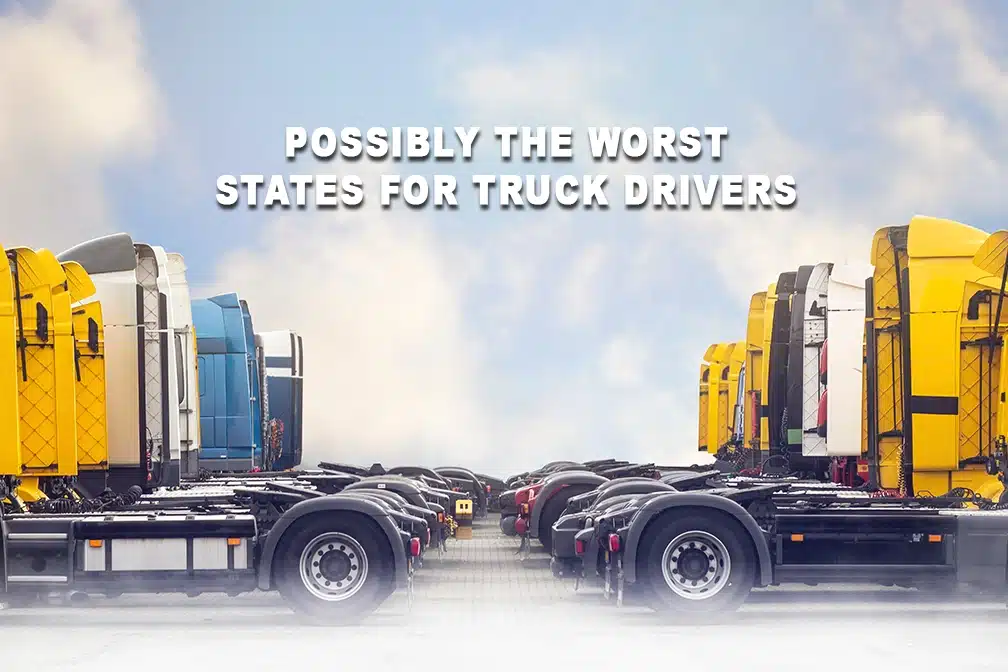When starting a driving career as an OTR driver, there are several essential things to know that can contribute to a successful and safe journey. Here are
More
May 19, 2024 5:26 pm

What do you think? Remember, factors can vary widely among employers, regions within the states, and over time. Speaking with other drivers, reading forums and reviews, and talking to potential employers can provide a more accurate and up-to-date picture of the pay, benefits, and home-time offered in these states.
California:
New York:
New Jersey:
Florida:
Illinois:
Texas:
Pennsylvania:
Washington:
Colorado:
Massachusetts:
Remember, the challenges listed for each state are generalizations, and individual experiences may vary widely. Researching specific companies, speaking with other drivers, and exploring industry forums will provide insights tailored to individual circumstances and preferences. Different companies may offer varying pay, benefits, and home-time even within the same state, so personal research and networking within the industry will be crucial for understanding the particular landscape.
When starting a driving career as an OTR driver, there are several essential things to know that can contribute to a successful and safe journey. Here are
MoreIn the world of trucking, where long hours on the road and demanding schedules are the norm, Barr Nunn Transportation stands out as a beacon of innovation
MoreWorst states for over-the-road trucking jobs can be subjective and based on factors such as regulations, weather, pay, cost of living, and traffic conditions.
MoreIn the ever-evolving landscape of commercial trucking, a groundbreaking study by Colorado State University has thrown a spotlight on a
MoreCongressional Proposed Trucking Insurance Minimum Increases Face Extreme Industry Opposition and Opposition from within the House of Representatives.
MoreKnow Your Rights and Responsibilities as a Truck Driver Regarding Safety in Bad Weather Conditions. Let's Look at the STAA
MoreOn August 19, Old Dominion Freight Line Inc., trucking company offered $1.5 billion to acquire Yellow Corp. 's 169 terminals
MoreWomen In Trucking Association (WIT) proudly announced Mary "Candy" Bass, a professional driver at Transport Designs, Inc., as the recipient
More